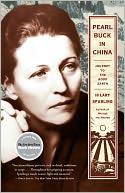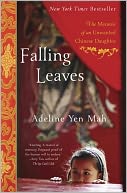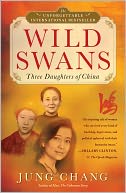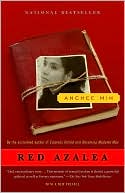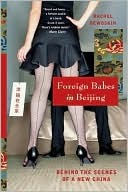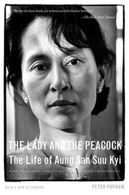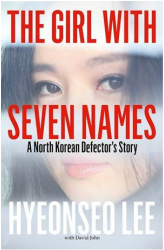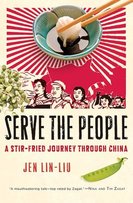
Serve the People: A Stir Fried Journey through China Jen Lin-Liu 2008 |
A story about a Chinese-American who goes to China on a Fulbright scholarship as part of her journalism career and
ends up riding her bike down a narrow street to take cooking classes. The story (both humorous and touching) is told through her quest to learn about authentic Chinese cuisine both past and present, home cooking and high end restaurants. One of the many compelling things about the book are the Chinese people we are privileged to meet. It is a very personal portrait of Chinese people of all ages and classes. One memorable moment is when Chairman Wang finally tells about the Cultural Revolution and how it affected her and the people around her. It is heartbreaking to hear about it, but amazing to see how the Chinese people survived and continued their lives. And of course there are the mouth watering recipes peppered through out the book -- favorite recipes from people the author meets along the way -- Beijing-Style Noodles, "The Best" Mapo Tofu, Tea-Infused Eggs, Smashed Cucumbers, Drunken Chicken, Lamb-and-Pumpkin Dumpling Filling -- the list goes on and on. Reviewed by V. Foster |
